China National Knowledge Infrastructure, the country's largest online academic database company, was fined 87.6 million yuan ($12.58 million) on Monday for monopolistic behavior.
The State Administration for Market Regulation, China's top market regulator, said since 2014, CNKI has abused its dominant market position to sell its database services at increasingly high prices. The company has also restricted academic journals' and universities' ability to authorize the use of data to third parties through the signing of exclusive cooperation agreements.
Despite the already high fees for its services, CNKI continued to increase its prices, with an annual average increase of about 10 percent imposed for years.
Such behavior has impeded competition in China's academic database service market, infringed on the legitimate rights and interests of users, and affected the innovation and development of related markets and academic exchanges, the regulator said, adding that the fine was equivalent to 5 percent of CNKI's domestic revenue last year.
The company said in a statement it sincerely accepts the penalty and will launch 15 corrective measures, including reducing the price of its academic database services by more than 30 percent within three years.
"The antitrust efforts on CNKI will promote the free flow and dissemination of academic resources, reduce the cost of knowledge acquisition for consumers, and finally drive the fair and sound development of the academic market," said Zhong Gang, executive director of the Competition Law Research Institute at the East China University of Political Science and Law.
According to the penalty notice issued by the regulator, CNKI owns more than 95 percent of published Chinese academic papers, accounting for 90 percent of universities in the country.
Since 2014, more than 76 percent of full-text downloads of Chinese academic papers came from the platform. Downloads of academic papers soared from 769 million in 2014 to 1.74 billion in 2021.
"The case is also a broader part of China's normalized antimonopoly efforts, under which, the country aims to ultimately drive the development of various industries through proper regulation," Zhong added.








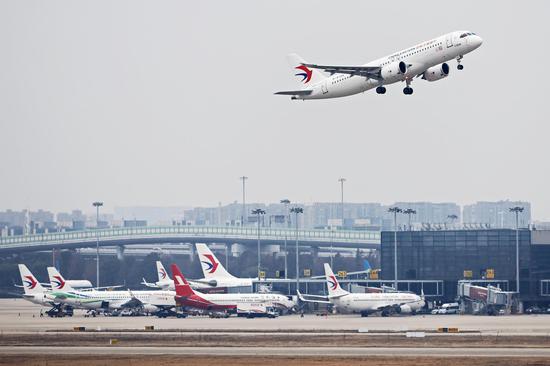






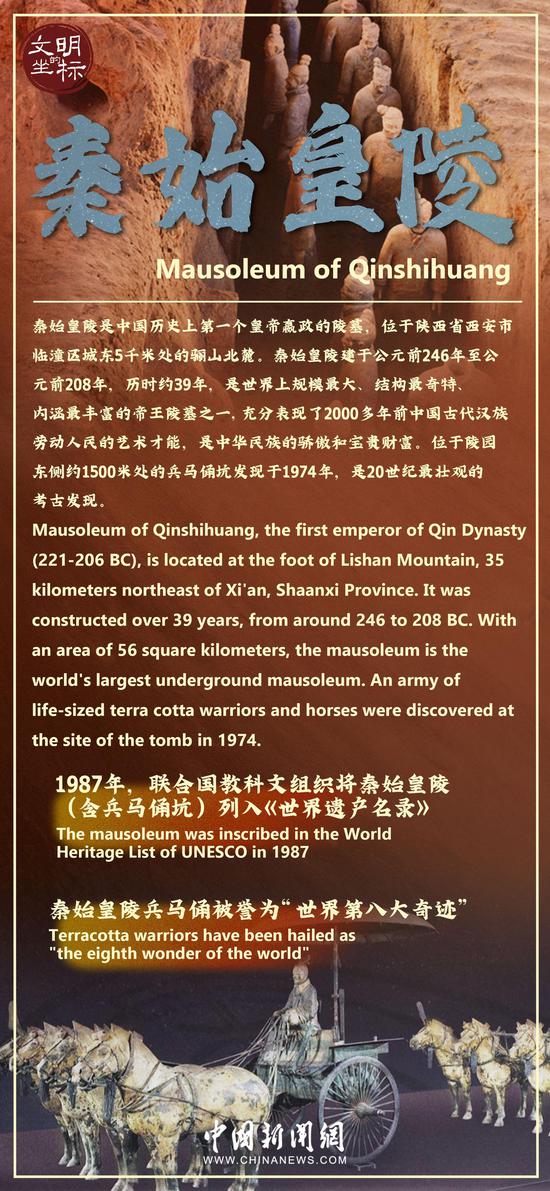
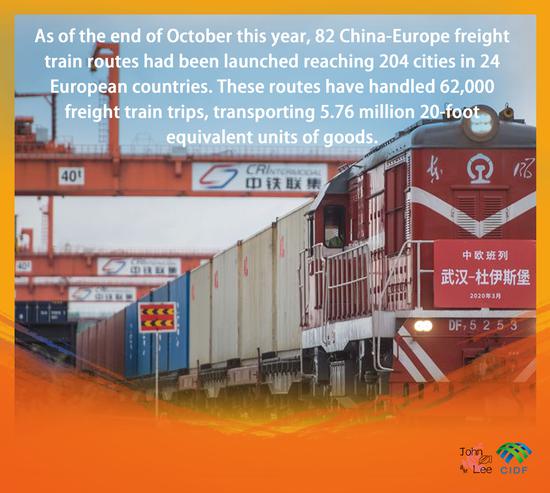










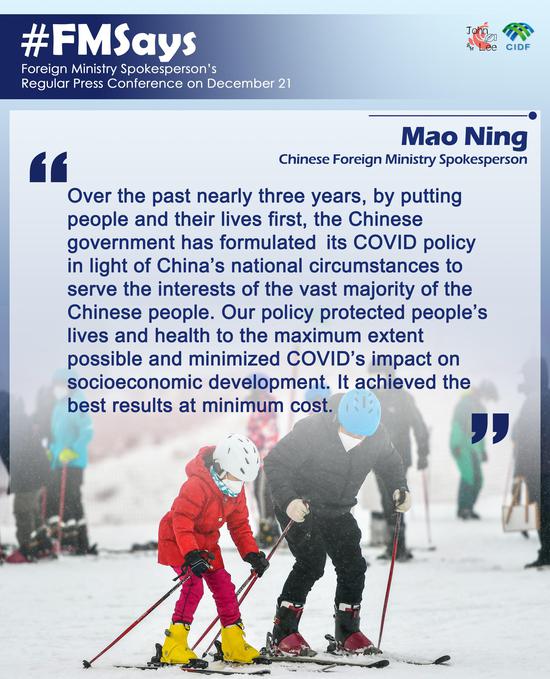

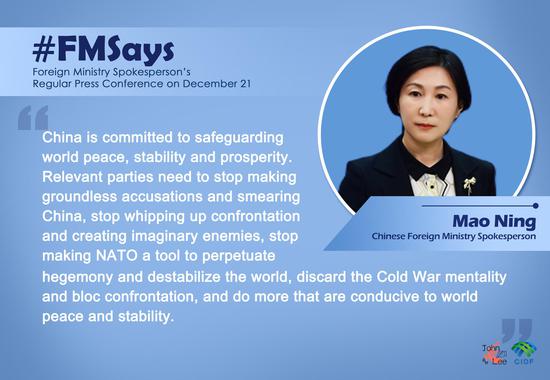




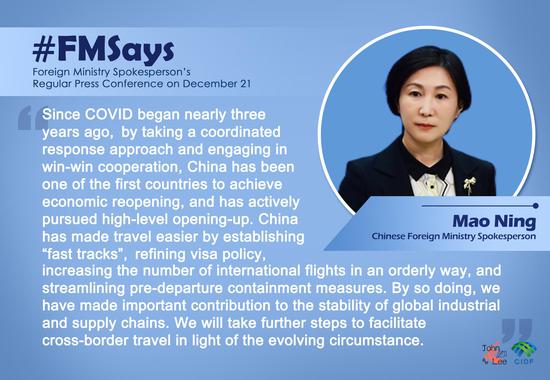

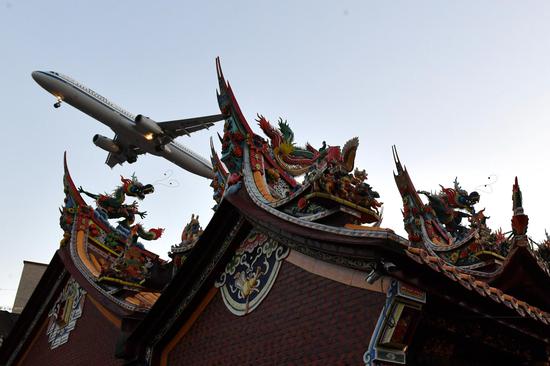

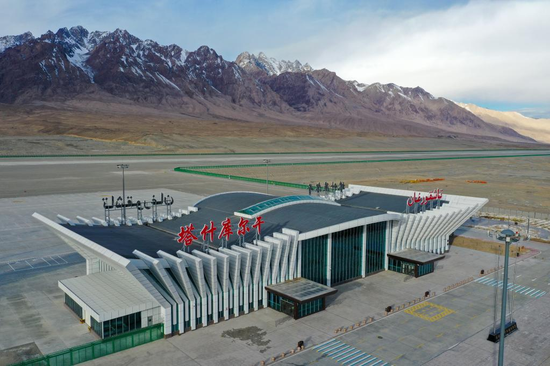











 京公网安备 11010202009201号
京公网安备 11010202009201号